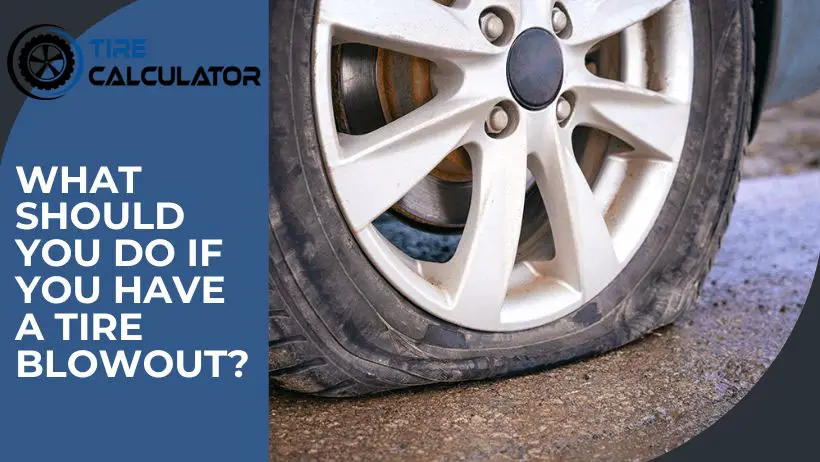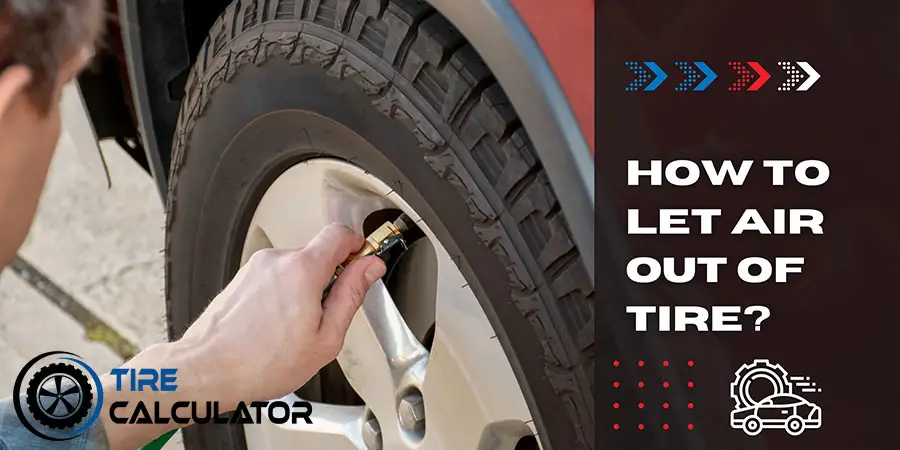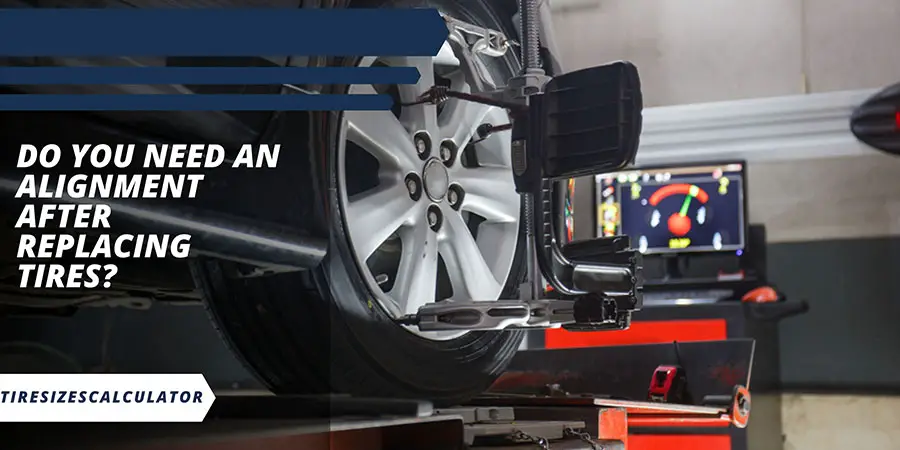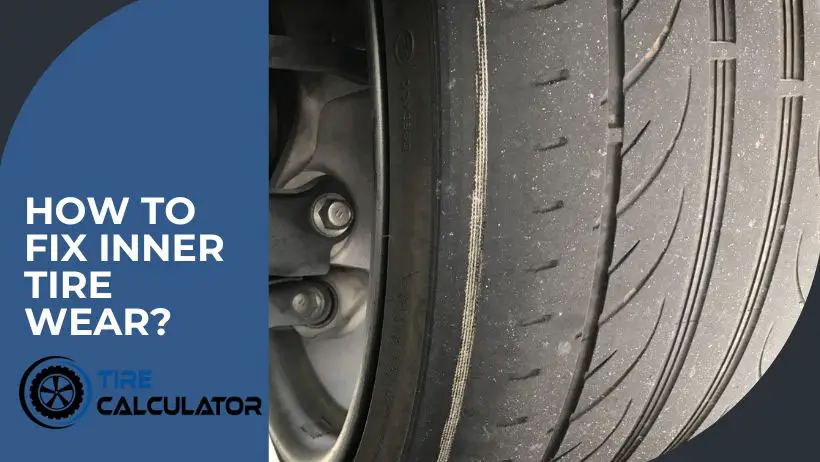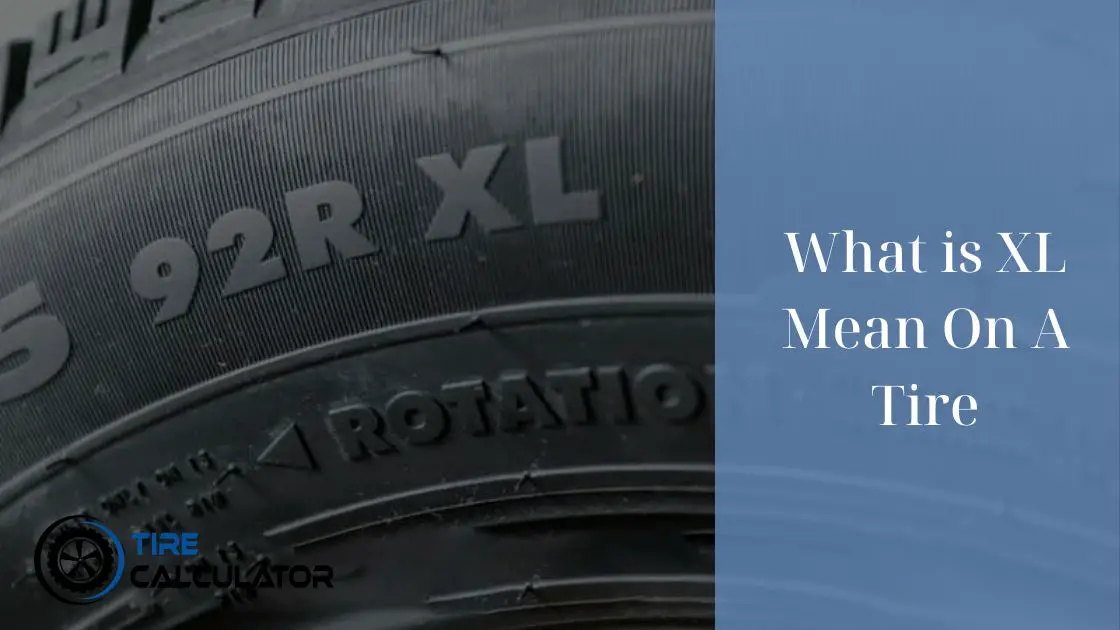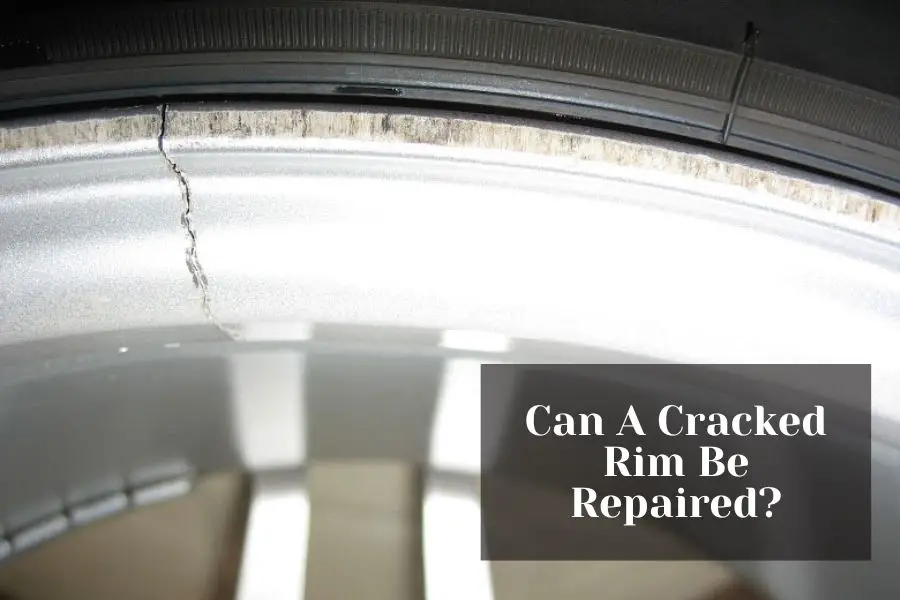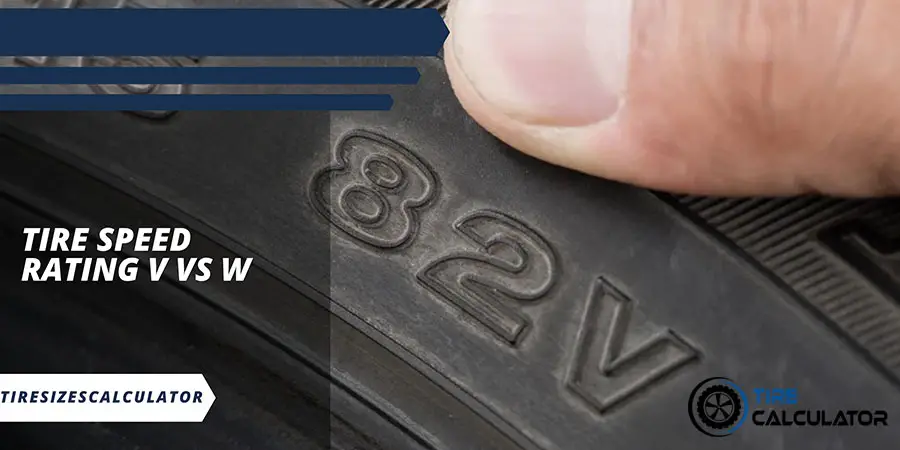There is no doubt that it is such a dangerous problem if you experience a tire blowout. The blowout situations even get worse in case you are driving. In other words, unexpected accidents due to the tire blowout could occur sometimes.
For a proper response to safety issues, drivers must know things like the sound of a tire blowout, what to do, etc. The first and most important step is to stay calm and remember several essential tips. A well-prepared “pocket” of knowledge can help you decrease the vehicle’s loss of control.
So, what should you do in this type of emergency situation?
What Should You Do If You Have A Tire Blowout?
One day, you hear a hissing or boom sound with your car on the road.
It is a must to move it to a safe place so that you can check and fix the problem as soon as possible. Sometimes, you can do it yourself. That said, it would be better for an amateur to ask the mechanic for help.
But first, do not forget to prepare knowledge about this vehicle illness.
What Is A Blowout?
Like a flat tire, a tire blowout is a commonly damaged tire. But while the former results from the loss of tire air, the latter constitutes a bigger beast.
For better understanding, the tire blowing out can be more difficult with terrible noises. It tends to cause vehicle owners to panic and lose stability. In other words, the rapid decrease of air pressure in tires could drive the vehicle out of your control.
What To Do?
No blown tire can make it difficult for you. It is just a fun challenge on the road. So, please take a deep breath and follow our instructions below.
- Step 1: Hold the steering wheel with both hands.
- Step 2: Maintain the vehicle speed if it is possible and safe to do so.
- Step 3: Release the vehicle accelerator gradually.
- Step 4: Correct the steering to stabilize the car and regain control. Steer in the direction where you want to drive your vehicle.
- Step 5: Slow down and pull off the car gas pedal when it reaches suitable stability.
When everything is in the safety zone, it is time for you to put on the emergency lights to call for help. If you need roadside assistance, it would be better to get a tire service professional for help.
Moreover, if you have a blowout while driving, you should be ready with a rear tire. Along with that preparation, you must ensure that you know how to change a tire.
What Causes A Tire Blowout?
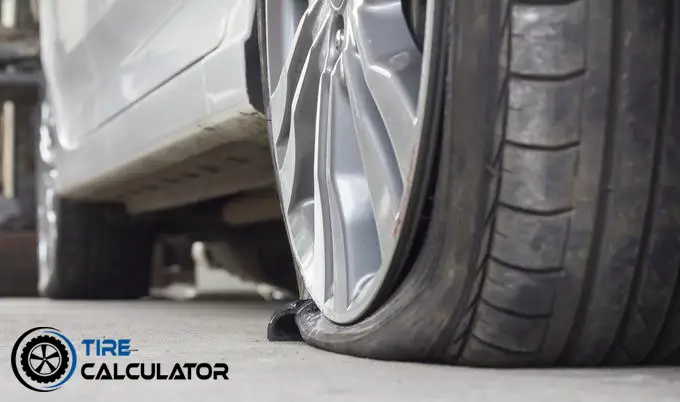
Despite a mass of reasons found, the most basic one is poor tire maintenance. Your ignorance can result in improperly rotated, underinflated tires with uneven wear tire treads. They contribute to the risk of tire blowouts.
Besides, there are some other culprits, such as the following.
- The tires hit potholes on the road surface.
- The weather heat expands the air in the tire on summer days.
- The car has to hold an excess load.
Can You Prevent Car Tires From Blowing Out?
Yes, you can.
One of the main reasons for a blown-out tire is overinflated tires. Also, the problem could be improper or infrequent vehicle tire maintenance. Hence, doing a routine inspection the proper tire pressure and tire rotation as regularly as possible is necessary for everyday driving.
We suggest doing a tire checkup at least once a month for the tire pressure warning indicators. The vehicle manufacturer’s manual or tire labels let you know the ideal PSI for your car. In particular, checking the proper tire inflation pressure before having a drive for hours also plays a key.
Another note is for proper maintenance. It would help if you were always on the lookout for big objects, potholes, debris, or any sign of trouble since all of them are possible factors leading to a busted tire.
Conclusion
All important things to do if you have a tire blowout are covered in the guide mentioned above, with some tips to prevent troubles of tire performance issues from occurring. We hope all of them can help you have a safe drive.
For further advice for vehicle dangerous situations, feel free to drop us a line. And stay tuned for many more useful tips for your time on the road
See more:

